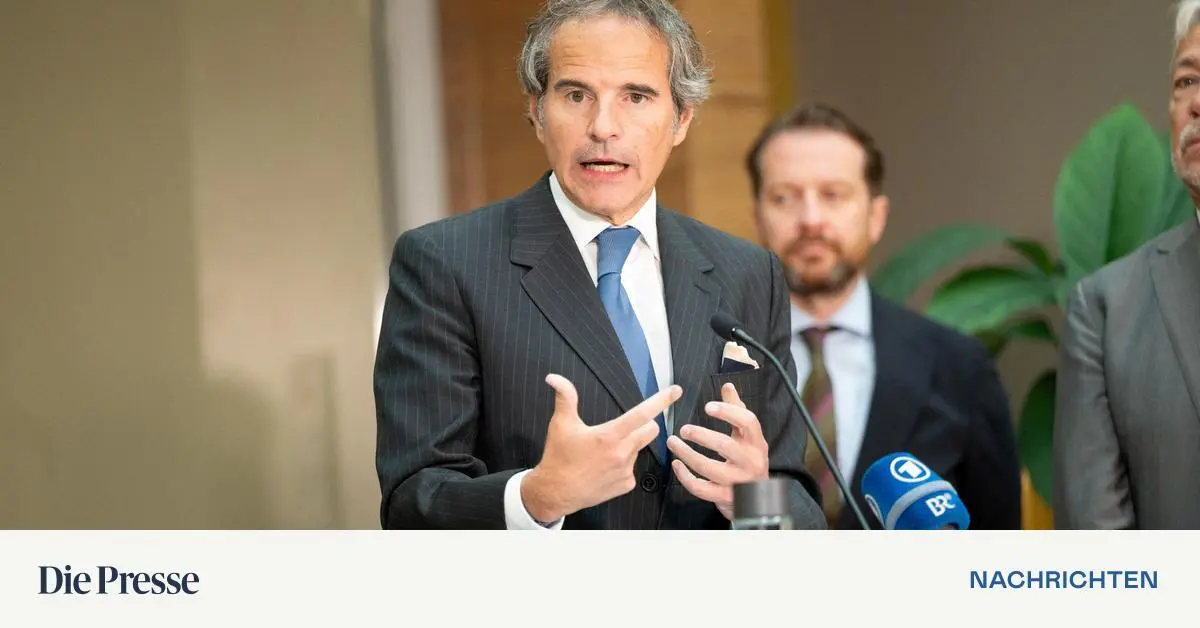According to the International Atomic Energy Agency, Iran has approximately 21 kilograms more uranium than it did in February.
Iran increased its stock of semi-nuclear uranium in the past quarter, according to the International Atomic Energy Agency. As the Commission reported on Monday in Vienna, the Islamic Republic possesses about 142 kilograms of uranium with a purity of 60 percent, nearly 21 kilograms more than in February. According to experts, about 50 kilograms of these materials will be needed to make a nuclear warhead. For military use, it must be enriched slightly further to the 90 percent level.
The Iranian leadership denies seeking to possess nuclear weapons. But the head of the International Atomic Energy Agency, Rafael Grossi, on Monday referred to Iranian statements about a possible change in this doctrine and about Iran's current technical capabilities to build such weapons. Such statements would heighten Grossi's concerns about whether Tehran has already fully disclosed its nuclear program, according to a non-public IAEA report made available to the German news agency DPA. The report also revealed that the deaths of President Ebrahim Raisi and Foreign Minister Hossein Amir Abdollahian in a helicopter crash had delayed scheduled talks between the International Atomic Energy Agency and Iran on Tehran's better cooperation with nuclear inspectors. It was said that after the incident, the planned substantive discussions were not held.
In 2015, Iran committed to severely restricting its nuclear program in an agreement. In return, the sanctions were lifted. The agreement, which was intended to prevent the construction of Iranian nuclear bombs, was canceled in 2018 by then US President Donald Trump. In return, Tehran has significantly expanded uranium enrichment and restricted IAEA controls. (APA/DPA)

“Total coffee aficionado. Travel buff. Music ninja. Bacon nerd. Beeraholic.”








More Stories
Wealthy families take more risks when it comes to money.
Salesforce and NVIDIA Form Strategic Collaboration to Drive AI Customer Innovation
Changing banks causes problems for customers